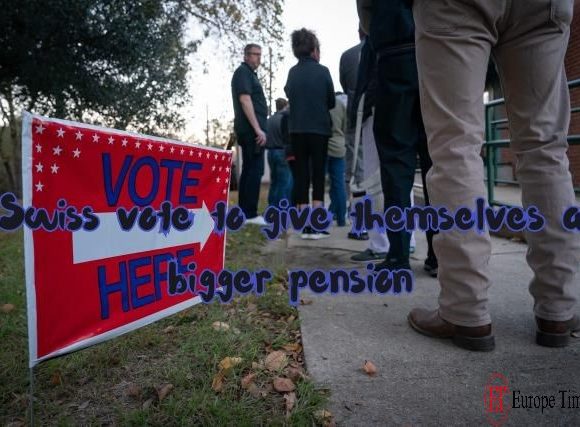
Swiss citizens have recently voted in a nationwide referendum aimed at improving the quality of life for the elderly by granting themselves an additional month’s pension each year. Despite warnings from the government about the potential financial strain, nearly 60% of voters supported the proposal. Additionally, 75% rejected the idea of increasing the pension age from 65 to 66.
The current maximum monthly state pension in Switzerland is deemed insufficient by many, given the high cost of living, particularly in cities like Zurich and Geneva. Rising health insurance premiums have added to the financial burden, especially for older individuals. Factors such as career breaks for women and challenges faced by immigrants in making ends meet have exacerbated the situation.
The initiative to boost pensions was championed by trade unions but faced opposition from the government, parliament, and business leaders, who argued it would be economically unsustainable. However, voters exercised their direct democracy rights and supported the proposal, viewing it as a necessary measure to address financial concerns among retirees.
The outcome was hailed as a “historic victory for retirees” by advocacy groups. The decision aligns the state pension system with the country’s salary structure, where workers receive 13 payments annually, including a double payment in November. This tradition, originally intended to aid with holiday expenses and taxes, now extends to pensioners, who also contribute to the economy through taxation.
Furthermore, voters decisively rejected any increase in the retirement age, indicating their prioritization of quality of life over prolonged workforce participation. Despite government warnings about the financial implications of these decisions, voters expressed confidence in Switzerland’s robust economy and their role in its success.
Picture Courtesy: Google/images are subject to copyright

